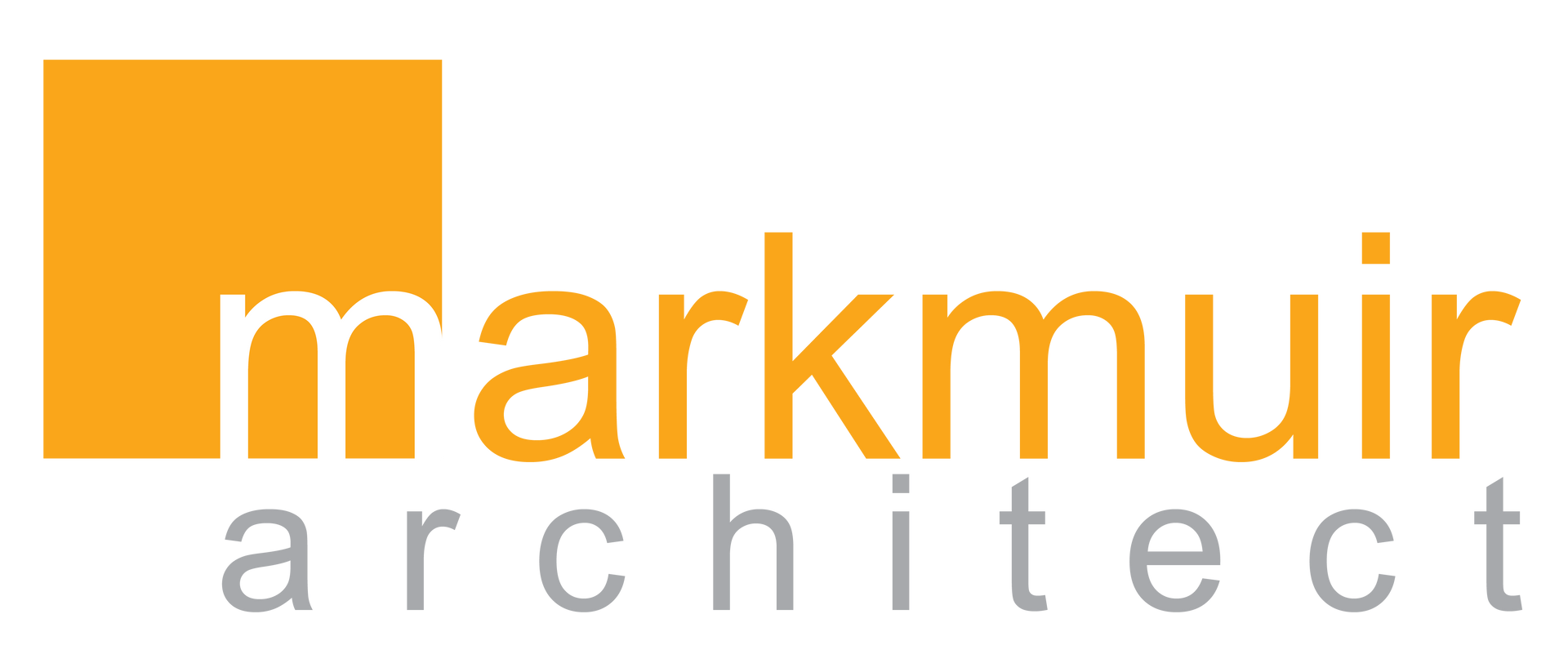The Blueprint by Mark Muir: The Hotel Renovation Specialist
Stop losing occupancy to Airbnb and other short-term holiday rentals
As an architect specialising in hotel renovations, my focus is on helping hoteliers increase profitability by enhancing their properties to attract more bookings and compete effectively against platforms like Airbnb. By optimising spaces, improving guest experiences, and incorporating modern amenities, I aim to elevate the overall appeal of hotels, making them more attractive to both new and returning guests. My goal is to provide tailored solutions that not only improve the aesthetics and functionality of hotel spaces but also drive higher booking rates and give hoteliers a competitive edge in today’s market.
Learn how to offer high-quality long-term accommodation
We help hoteliers attract long-stay clients by designing spaces and implementing features that cater to guests staying for two weeks or more. This includes creating comfortable, home-like environments with fully equipped kitchens, spacious living areas, and dedicated workspaces that appeal to business travellers, remote workers, and families. By offering flexible room configurations and tailored services like laundry facilities, grocery delivery, and discounted long-stay packages, we enhance the guest experience for extended stays. These thoughtful design and service solutions not only improve guest satisfaction but also help hoteliers secure longer bookings, ensuring consistent revenue and maximising occupancy.
Reduce Costs & Meet Your Net Carbon 0 With Eco-Friendly Fittings
Reducing utility costs is a key strategy for enhancing profitability in the hotel industry. Each hotel room uses around 6000kWh per year. and 18,000kWh of gas. By upgrading fixtures such as showers, lighting, heating systems, thermostats, and insulation, hotels can significantly improve their energy efficiency, aligning with both financial and environmental goals, including the ambition to achieve net zero by 2050.
With energy prices rising, the need for hotels to manage their energy consumption effectively has never been more critical. Since 2021, UK business electricity prices have nearly doubled, escalating from around 16.8 pence per kWh to approximately 33.25 pence per kWh by the third quarter of 2023. Although prices have recently dipped closer to 2021 levels, the future remains uncertain. Investing in energy efficiency and renewable energy solutions not only aids in controlling costs but also enhances long-term profitability, ensuring that your hotel remains competitive and sustainable in a challenging economic landscape
How Renovations Help Boost GOPPAR for Hotels in the United Kingdom
Hotel renovations can significantly boost key performance indicators (KPIs) by enhancing the overall guest experience and operational efficiency. Renovations improve a hotel’s physical appeal, modernise outdated facilities, and introduce new amenities, all of which can lead to higher guest satisfaction scores and better online reviews. This, in turn, helps increase occupancy rates, as a refreshed and attractive property is more likely to draw new and returning guests.
Additionally, renovations can lead to higher average daily rates (ADR) by positioning the hotel as a premium or more desirable option, allowing hoteliers to charge more per room. By improving the layout and functionality of spaces, renovations can also boost revenue per available room (RevPAR) through better utilisation of space, such as adding additional rooms, meeting areas, or revenue-generating amenities like spas or restaurants. Finally, renovations can reduce operational costs by incorporating energy-efficient systems, resulting in improved profitability and better performance across KPIs like gross operating profit per available room (GOPPAR).
The Average 25 Room Hotel Can Save £10,000+ Per Year On Utilities
| Year | Electricity Price Per kWh: | Electricity Annual Cost Per Room | Gas Price Per kWh: | Gas Annual Cost Per Room | Cost Per Year For 25 Room Hotel | Savings on 20% BIll Reduction |
| 2019 | 18.8p | £1,128.00 | 4p | £720.00 | £46,200 | £9240 |
| 2024 | 27.3p | £1,638.00 | 6.24p | £1,123.00 | £69,025 | £13,805 |
Introduce New Revenue Streams!
EV Chargers
Hotels can generate revenue and gain a competitive edge by offering electric vehicle (EV) charging stations. Charging fees create a direct income stream, with tiered pricing models attracting more EV drivers. This amenity can increase foot traffic, particularly from guests who value convenience and sustainability, leading to higher occupancy rates and extended stays. Partnering with charging networks like ChargePoint can provide revenue-sharing opportunities, while government incentives can help offset installation costs. Additionally, offering EV charging boosts a hotel’s sustainability appeal, enhances brand loyalty, and creates upselling opportunities through additional services. Providing this amenity also helps hotels differentiate themselves from competitors in a growing market.
Local and Sustainable Dining Experiences
Implementing a sustainable dining experience can significantly boost a hotel’s profitability while simultaneously reducing its carbon footprint. By sourcing ingredients locally, hotels not only support the local economy but also minimise the carbon emissions associated with food transportation. Seasonal menus that highlight regional specialities can enhance the guest experience and create a unique culinary identity for the hotel, making it a preferred choice for travellers seeking authentic local flavours. Additionally, engaging in zero-waste practices in the kitchen helps cut down on food waste and disposal costs, further improving the bottom line.
Moreover, marketing sustainable dining initiatives can attract a growing segment of environmentally conscious consumers. By highlighting partnerships with local farmers and showcasing the use of organic and sustainable ingredients, hotels can enhance their brand image and foster guest loyalty. This approach not only resonates with guests who prioritise sustainability but can also lead to higher occupancy rates and increased revenue from dining services. Overall, investing in sustainable dining practices is a win-win strategy that supports both financial success and environmental responsibility.
Wedding & Events Venue
Co-Working Space
Why Work with Mark Muir?
Discover why Mark Muir is the trusted choice for hotel transformations.
Mark Muir is not only an experienced architect but also the
author of a bestselling book that explores the power of architectural design in transforming hospitality spaces. His expertise has helped numerous hoteliers increase profitability, streamline operations, and improve guest satisfaction.
